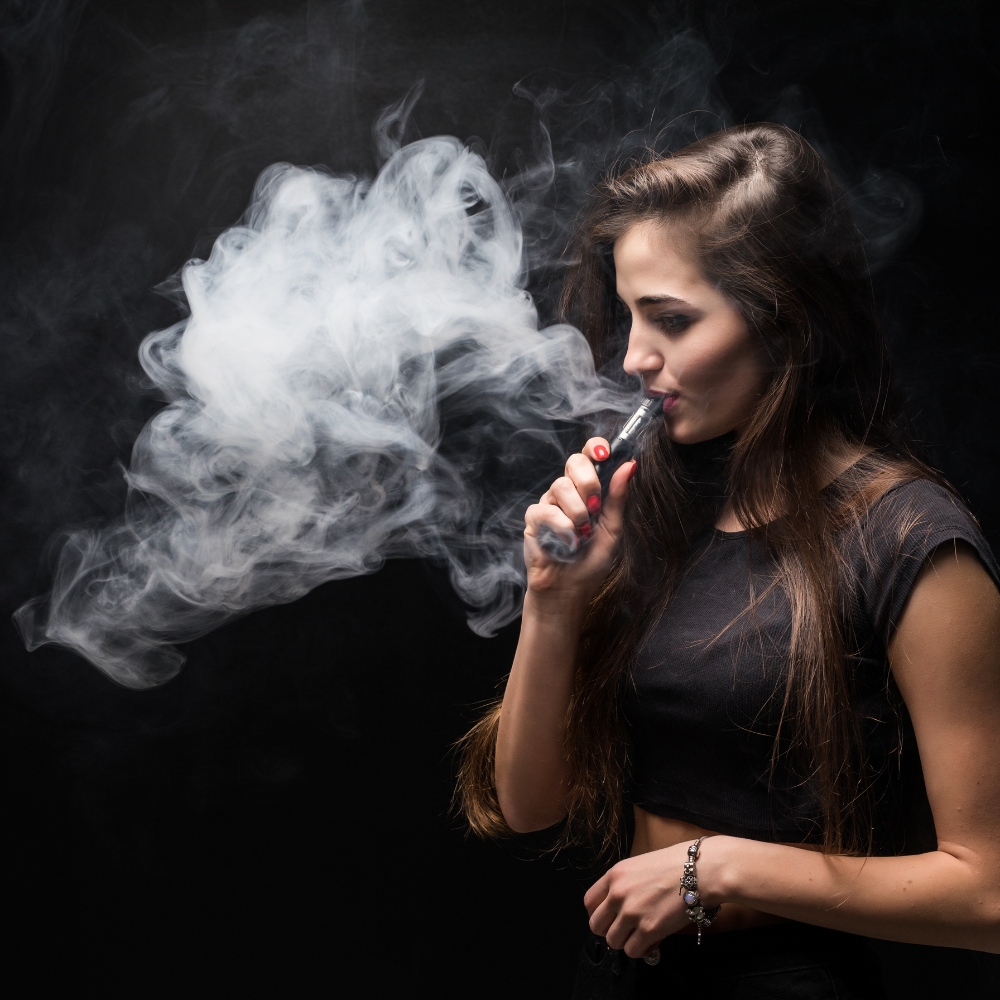
Vaping for recreational purposes will be prohibited in Australia as part of a significant crackdown in response to what experts call an epidemic. In addition, minimum quality standards will be implemented and the sale of e-cigarettes will be restricted to pharmacies.
The products, according to the Australian minister of health, Mark Butler, are creating a new generation of nicotine addicts. Vapes, also known as electronic cigarettes, heat a liquid, which typically contains nicotine, into a vapor that consumers inhale. They are widely regarded as a smoking cessation aid.
In Australia, however, vaping has exploded in prominence as a recreational product, particularly among urban youth. In a speech introducing reforms on Tuesday, Mr. Butler mentioned that 'Big Tobacco' has taken yet another addictive product, covered it in shiny packaging, and added sweet flavors in order to create another generation of nicotine addicts.
Vapes are considered safer than traditional cigarettes because they do not contain hazardous tobacco. The British government even provides them to some smokers for free as part of its "Swap to Stop" programme. However, health experts warn that vapes are not risk-free, as they frequently contain substances, and the long-term effects of using them are currently unknown.
The Australian government argues that they pose a hazard to public health because they disproportionately affect young people, the majority of whom have never smoked before. According to research, one in six Australians aged 14 to 17 and one in four adults aged 18 to 24 have vaped.
Mr. Butler, who is 52 years old, stated that only one out of every seventy individuals his age have vaped. He stated that the products are deliberately marketed to children and are widely available along with candy and chocolate bars.
Vaping has become the number one behavioral issue in secondary schools, he added. Australian sources reported that some individuals have begun to install vape detectors in restrooms.
Australia already has some of the world's strictest anti-smoking laws. Mr. Butler likened the new vape regulations to those that helped Australia achieve one of the lowest cigarette smoking rates among developed nations.
Reforms include a moratorium on all disposable e-cigarettes and a crackdown on the import of over-the-counter products.
Vaping products that remain legal will require prescriptions and packaging that resembles that of pharmaceuticals. In addition, restrictions will be placed on flavors, colors, nicotine concentrations, and other constituents.
Mr. Butler stated that no more pink unicorns, bubblegum flavors or vapes disguised as highlighter pens so that children can conceal them in their pencil cases. However, he also stated that the government will make it simpler for people to obtain prescriptions for legitimate therapeutic use. The implementation schedule will be disclosed at a later date.
A smattering of other nations, including Singapore and Thailand, have also banned vaping, and the Therapeutic Goods Administration of Australia has recommended reform. The Cancer Council stated that the adjustments could reverse the e-cigarette epidemic and prevent a new generation of Australians from repeating history. However, some politicians, industry groups, and health professionals believe Australia's laws should be relaxed.



